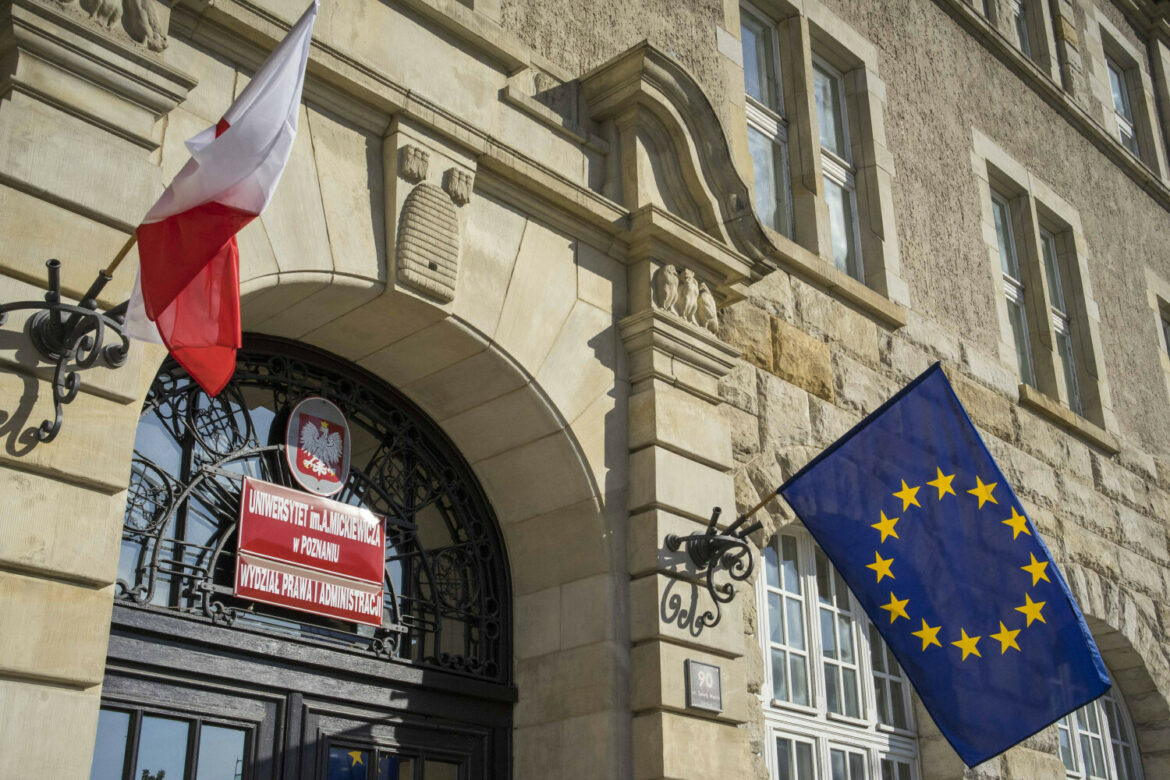The international project Eurostudent VII was participated by Poland and 25 other countries of the European Higher Education Area. The aim was to collect and develop statistical indicators focusing mainly on the social and economic conditions of studying in Europe. The questionnaires were completed by students from 268 of 374 Polish higher schools.
About 58% of students in Poland would recommend their studies to their friends, this percentage has decreased compared to 2016 when it was 64%. Compared to other countries, students in Poland were more open to their peers and were willing to contact them. As many as 67% of the respondents believed that they had good contact with many students from the faculty. Additionally, 63% stated that they know many students with whom they could talk about issues related strictly to their studies.
The project also asked about foreign students at Polish universities. The vast majority came from the East, half of them were students from Ukraine. The second largest group were Belarusians, followed by Indians and Spaniards.
According to the obtained data, only 6% of students in Poland went abroad as part of international mobility programs (exchanges, internships or other educational activities).
Most often, students of humanities and arts (13%), as well as social sciences, journalism and information (8%) went abroad. The least frequent trips abroad were made by people studying ICT (5%) and students of technology, industry and construction (3%). Poles most often chose Germany (18% of respondents), Spain (8%) or Great Britain (7%) as their destination.
Research also shows that students from Western Europe much more often go to countries outside the continent, most often to the United States or China, while students from Eastern Europe remain in the European Higher Education Area.
Eurostudent is a network of researchers, analysts, research agencies and academia representing ministries dealing with higher education issues in European countries. The project is coordinated by a consortium led by the German Center for Research in Higher Education and Science.
Arkadiusz Słomczyński





